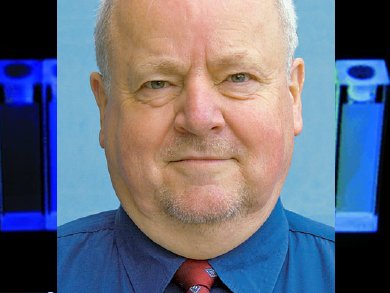Sensors are all around us and are used in applications that range from controlling the temperature in refrigerators to monitoring ozone levels in the stratosphere. But what actually is a sensor, and why are there so few genuine sensors for continuous monitoring of selected parameters?
In his Editorial in Angewandte Chemie, Otto S. Wolfbeis, University of Regensburg, Germany, gives the exact definition of a sensor, and goes on to explain that many researchers do not fully appreciate the distinction between sensors and probes. A sensor is a stand-alone device that should be continuously applicable over time to the specified task. On the other hand, a probe is a molecule that responds to conditions, such as pH or the presence of ions. Wolfbeis points out that synthesizing a molecule does not represent developing a sensor, as most molecular probes do not undergo technological development to become a true sensor, as evidenced by the fact that there are still no practical sensors to monitor heavy metals in groundwater or glucose in blood over long periods.
Wolfbeis sums up by emphasizing that, despite the work of academic researchers in synthesizing many probes, for example, for detecting heavy-metal ions, or by using boronic acids for glucose recognition, challenges still remain in making true sensors that can be used continuously in real-life situations, such as an in vivo glucose sensor or devices for the detection of explosives and toxins.
- Probes, Sensors, and Labels: Why is Real Progress Slow?
Otto S. Wolfbeis,
Angew. Chem. Int. Ed. 2013.
DOI: 10.1002/anie.201305915




